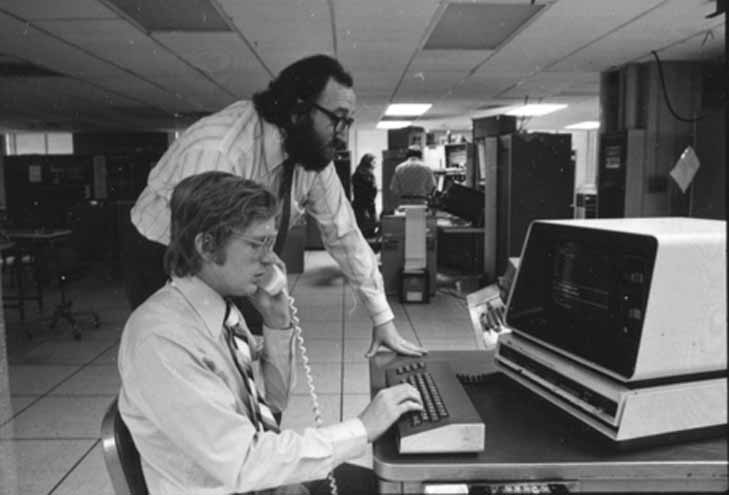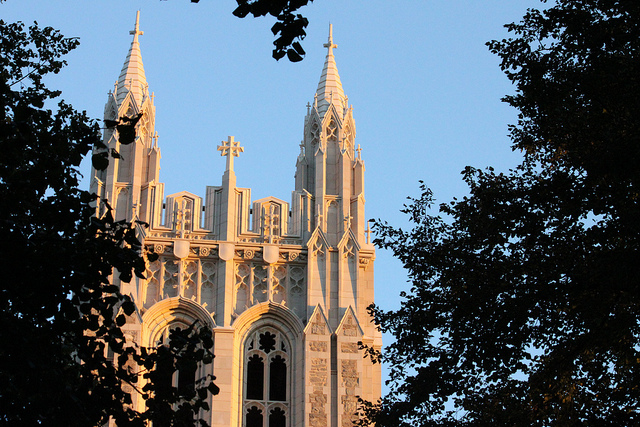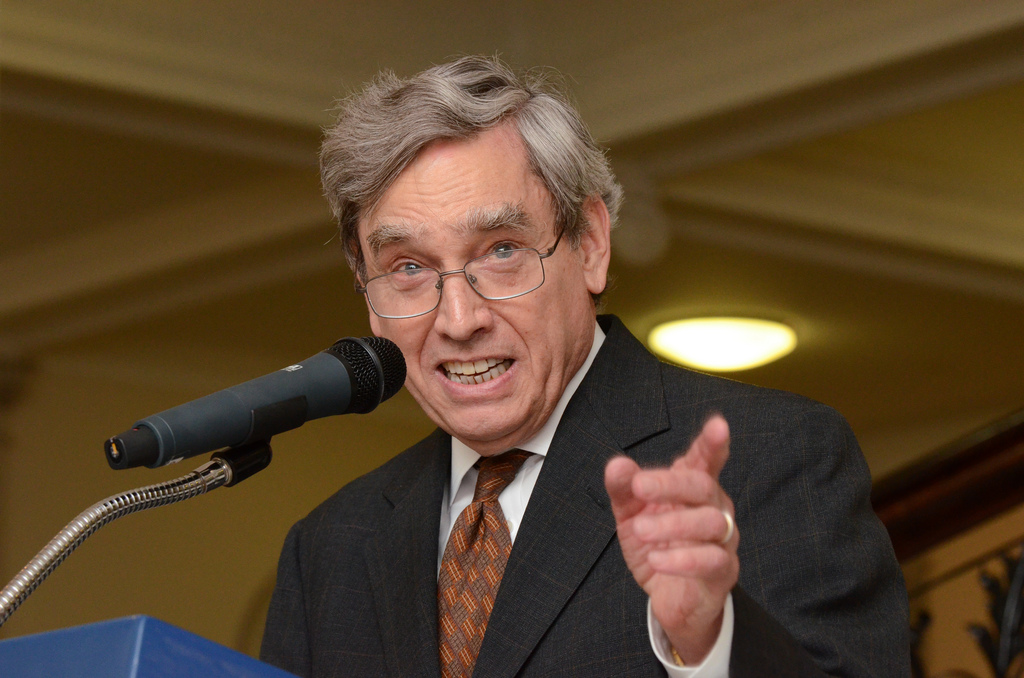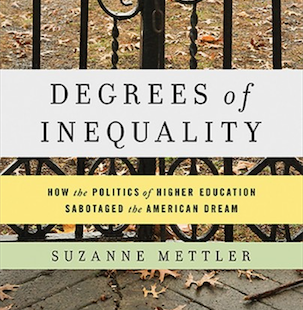higher ed

The demand for computer science majors is booming. Even at traditionally liberal arts institutions, students who want to learn how to code are flocking to colleges and universities. It's almost hard to believe that the field wasn't even considered a real major back in the 1960s.
In Cambridge this week, the Massachusetts Institute of Technology is celebrating 50 years of computing and the birth of a new field.

Sinn Fein leader Gerry Adams remains in an Irish prison, being questioned about the murder of a Belfast woman in 1972.
It’s widely believed that information from a Boston College oral history project that was supposed to be kept confidential helped lead to Adams's arrest. Now, some are questioning how this case will impact academic freedom and inquiry on campus.

The College Board, the company that produces the SAT, announced Wednesday its college admission exams don't focus enough on important academic skills. While the Board rethinks how to measure what students know before college, Massachusetts is developing a system that tests students' knowledge after college.

In the midst of a passionate discussion about the future of higher education here on Tuesday, one young man stood up and wanted to know if the goal of higher education is to make people productive – or to make them happy.
It was an unexpected query for a panel entitled: “Can the liberal arts survive in an age of innovation,’’and just one of the many dozens of discussions that have been taking place this week at SXSW.edu, a packed and often frantic festival of ideas, technology, workshops and networking.
Last week we covered a story exploring the potential benefits of a gap year – postponing the start of college. In our interviews, we reported that although the gap year may be important in helping some young students mature and realize their ambitions in life, the privilege of affording this experience is very much contingent on one's economic background. Today, we hear some of your comments on our report to get a better idea of how people feel about gap years.















